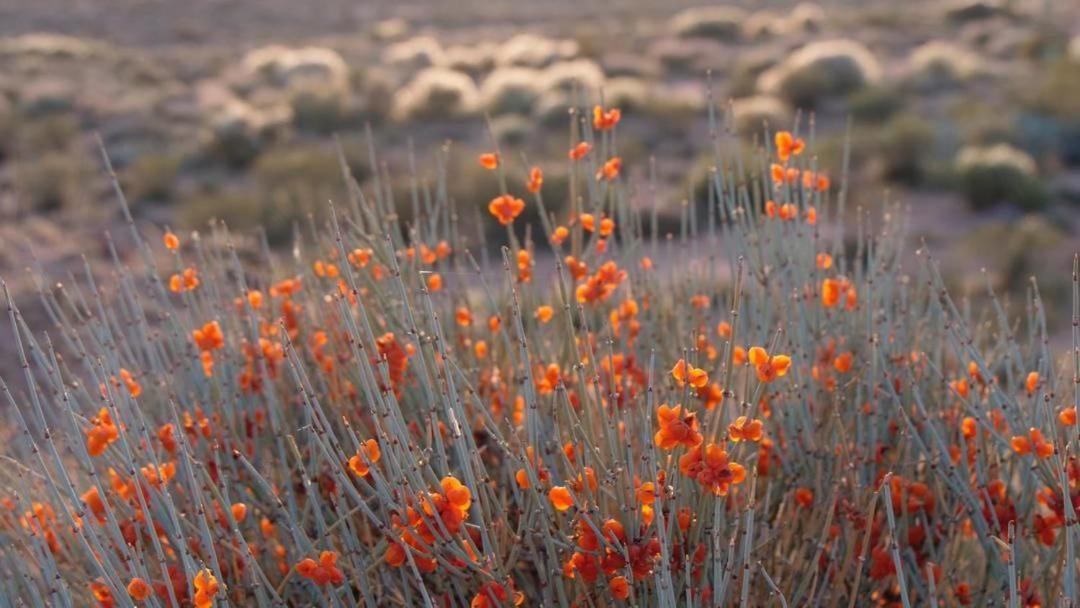
In the heart of Kyrgyzstan’s stunning landscapes—where pristine forests meet meandering rivers and the sparkling waters of Ysyk-Köl Lake—lies an incredible opportunity to transform lives and protect nature.
This project focuses on empowering women in villages within Chong Kemin National Park and the south shore of Ysyk-Köl Lake. These communities face challenges such as limited access to decent employment, educational opportunities, and environmental degradation, yet they are rich in resilience, cultural traditions, and untapped potential.
By fostering community-based ecotourism, we aim to unlock a brighter future for these women, their families, and the environment they cherish.

Economic Opportunities: Women and local guides are trained to host travelers and launch eco-friendly ventures such as guesthouses, ecotours, and crafts, turning their skills and creativity into sustainable livelihoods.

Skill Development: Communities participate in workshops on ecotourism, sustainable homestays, and guiding. Women are empowered to grow into confident leaders and changemakers in their communities.

Environmental Stewardship: Conservation efforts are supported through tree planting, natural reserve management, biodiversity protection, and waste management, ensuring Kyrgyzstan’s natural beauty thrives for generations.

Community Growth: Bonds within communities are strengthened by fostering pride, resilience, and collaboration through sustainable tourism initiatives.
Ecotourism is more than a way to explore breathtaking destinations—it’s a philosophy that combines adventure, education, and conservation. By focusing on sustainable travel practices, ecotourism empowers communities, protects natural habitats, and enriches travelers with unforgettable experiences. If you’re looking to travel with purpose, understanding the core components of ecotourism can help guide your journey. Let’s dive into these key pillars and explore how they shape an inspiring approach to travel.
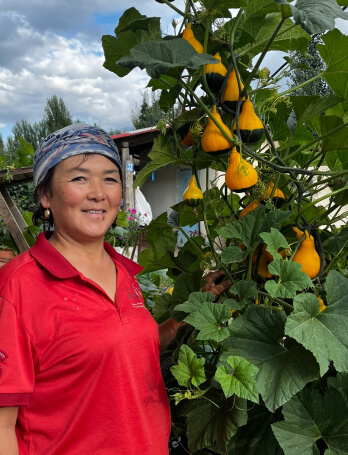

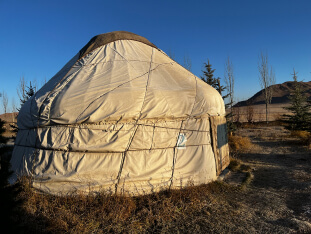
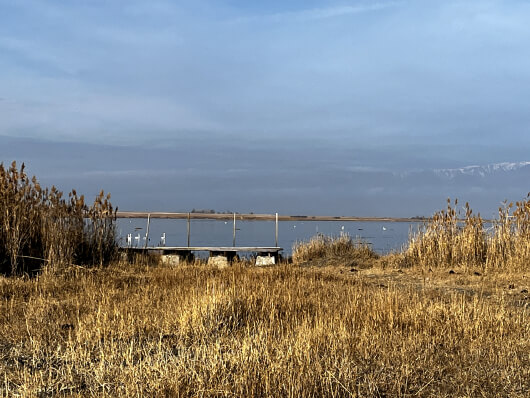

Supporting conservation initiatives: Many ecotourism projects directly contribute to preserving biodiversity, from funding wildlife sanctuaries to reforestation efforts.

Promoting sustainable practices: Ecotourism encourages low-impact travel, such as using eco-friendly accommodations that implement renewable energy, composting systems, and water conservation practices.
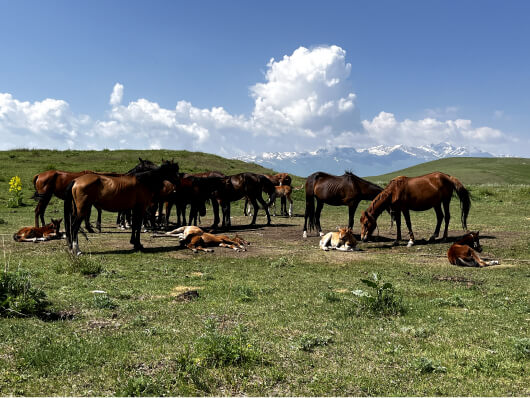

Participating in cultural experiences: Homestays and guided tours led by locals allow travelers to immerse themselves in traditional practices. For instance, visitors to Kyrgyzstan can stay in yurts and learn about the art of felt-making or nomadic herding.

Empowering local businesses: By choosing locally-owned guesthouses, restaurants, and tour operators, ecotourists help communities thrive.
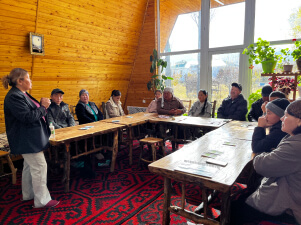

Joining guided nature tours: Expert guides share insights into local ecosystems, teaching visitors about flora, fauna, and conservation challenges. For example, wildlife watching tours in Chong-Kemin educate participants about roa deers and forest preservation.

Participating in workshops: Ecotourism often includes hands-on learning, like yurt making lessons in villages in Ysyk-Köl.
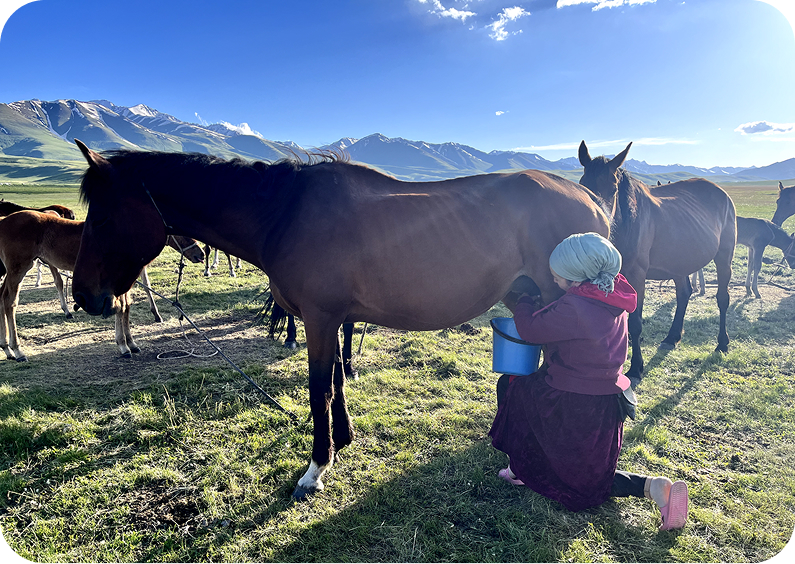

Ecotourism ventures: Small-scale businesses like eco-lodges or organic farms provide sustainable livelihoods.

Fair trade opportunities: Supporting crafts and products made by local artisans ensures fair wages and helps preserve traditional skills.
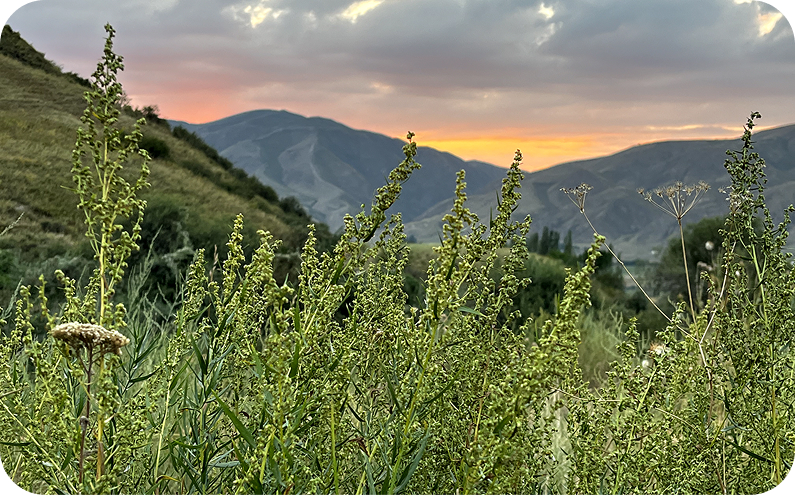

Adopting Leave No Trace practices: Travelers are encouraged to minimize waste, stick to designated trails, and respect wildlife.

Traveling mindfully: Using eco-friendly transportation like bicycles, public transport, or carpooling to reduce carbon footprints.